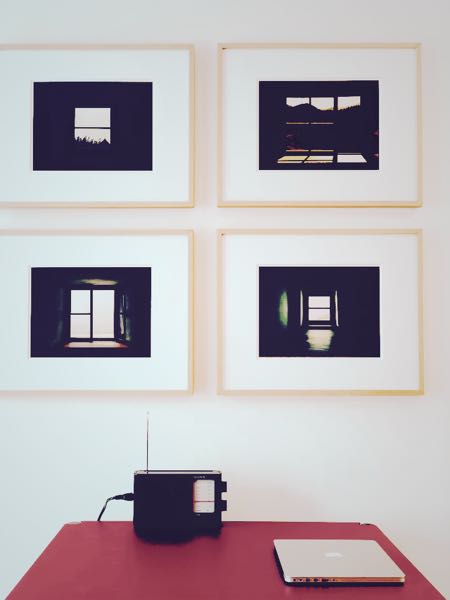
What is wrong with the above picture? This is my desk, cleaned up for your viewing pleasure. For me, there’s nothing wrong here. But there are two things wrong for your (and my) favorite fruit company.
When Apple announced their ‘HomePod’ sometime last year, and before I lost much of my remaining confidence in them due to the great Apple Photos disaster, I thought I’d buy three: one for the office, one for home, one for overseas. Why? ‘HomePod’, or so I hoped, might be just right for stellar sound in videoconferencing. To be sure, there are great products out there. For the past few years I’ve been using this, which is a bit unwieldy but does the job. So, on paper and if you ignore the awkward sales copy, ‘HomePod’ looked perfect. But in what seems to be standard post-Jobs fashion, Apple ‘magically’ spoils its fruits.
Where to begin? I get it: Apple wants to do everything wirelessly. But that’s not always feasible, say, in a campus environment where you plug in a speaker/microphone rather than put it on the network! I know ‘HomePod’ is not made for what I want to use it for. In the olden days this was the beauty of Apple products: people were free to use them for things they weren’t initially designed for; more often than not this worked great. To make matters worse, why on earth make this thing so that it can’t even be activated without an iDevice and an Apple account with Apple 2FA and Apple Keychain enabled? This is hilariously bad design by committee. And the list continues. ‘HomePod’ has its own operating system, which spells landfill, which is odd for a company that claims to be ‘green’. If the glued wonder breaks before its planned obsolence, the cost of repair is fixed at almost full price, unless you purchase Apple’s insurance. Perhaps most prominently, ‘HomePod’ doesn’t play nice with competing services. Once the reviews were in, this looked more like a device Apple made to not just fence you deeper into their infamous walled garden, but take it one step further and put you in solitary confinement to conveniently force subscription services (‘Apple Music’, ‘AppleCare’) down your throat. So, thanks but no thanks. On a whim, I bought myself the super-traditional Sony radio pictured above. It sounds great to this Manhattanite, and has what I used to love about Apple: minimalist cool that “just works.”
The second item in the picture: my five year old, widely traveled MacBook Pro. A robust keyboard that is buttery smooth and quiet, MagSafe, every connector a road warrior would need for many years to come, etc. To me and apparently many others, the Mac division seems rather lost after Jobs’s departure, throwing stuff against the wall to see what sticks (dare I say ‘TouchBar’?), and apparently on a crusade to repeat all the mistakes from the John Sculley era. As a result, and a near impossible feat in tec, Apple’s notebooks have gotten worse every year for quite some time. Despite my partner’s reservations, she broke down and got herself a new ‘MacBook Pro’ last year. Now we’re buying a new battery from iFixit for her old MacBook Air, which she misses. The great irony: seemingly out of nowhere, Google’s Pixelbook has become a desirable piece of hardware, ready to replace and improve on both iPads and Apple notebooks for many people. Given the momentum Apple once had, by now they should have conquered a 50+ percent market share in notebooks. That didn’t happen and at this point I wonder if the tide will eventually turn against them, hard.
To be continued.
